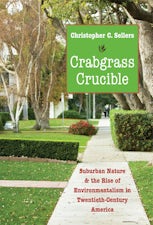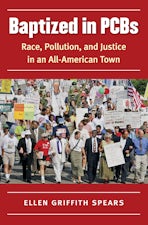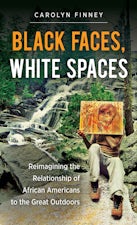Urban Green
Nature, Recreation, and the Working Class in Industrial Chicago
By Colin Fisher
248 pp., 6.125 x 9.25, 23 halftones, 3 maps, notes, bibl., index
-
Paperback ISBN: 978-1-4696-1995-8
Published: May 2015 -
E-book EPUB ISBN: 978-1-4696-1996-5
Published: May 2015 -
E-book PDF ISBN: 979-8-8908-4525-2
Published: May 2015
Buy this Book
- Paperback $37.50
- E-Book $19.99
For Professors:
Free E-Exam Copies
About the Author
Colin Fisher is associate professor of history at the University of San Diego. He teaches classes in U.S. environmental history, environmental visual culture, and history of food. His research centers on landscape and minority cultures of nature.
For more information about Colin Fisher, visit
the
Author
Page.
Reviews
"Invaluable. . . . Deeply informed by serious scholarship and wide reading, [Fisher's] prose is as accessible as any Chicago park, open to anyone who wants to walk in and enjoy it."--Chicago Tribune
“Fascinating. . . . Could be required reading in social, environmental, labor, ethnic, and racial history courses as well as those in literary studies and urban sociology.”--Journal of American History
“Environmental history, labor history, urban history, transnational immigration history, and cultural history rarely come together in one teachable book, but that is what Colin Fisher has achieved in Urban Green. . . . Fisher’s analysis of multiple transnational cultures of nature deserves a wide audience.”--American Historical Review
“Colin Fisher has shifted the focus of working-class, African American, and ethnic engagement with the city . . . from nightlife and commercial recreation to the pursuit and enjoyment of nature.”--Western Historical Quarterly
“A welcome addition to the growing literature on the nature found in great metropolises.”--Journal of the Gilded Age and Progressive Era
"Cultural, social, and environmental historians will benefit from exploring a side of Chicago and of working-class culture that [have] remained hidden from view."--Journal of Social History




